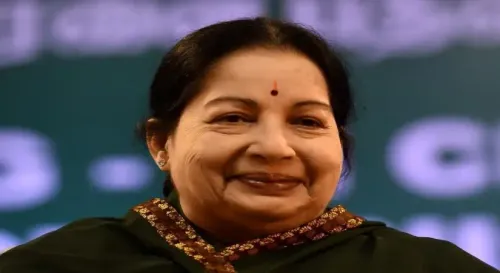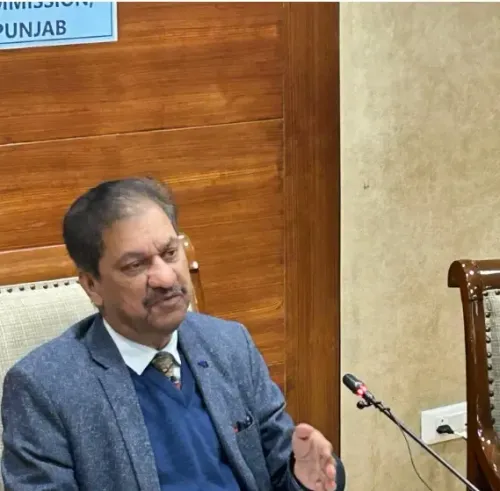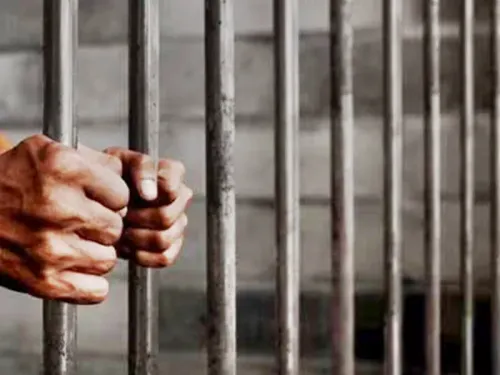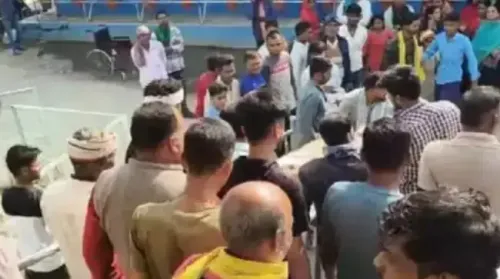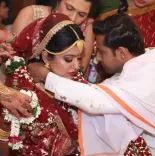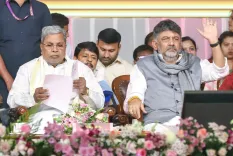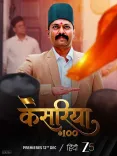Are Citizenship Issues Affecting the Matua Community in Poll-Bound Bengal?

Synopsis
Key Takeaways
- The Matua community is facing significant citizenship challenges.
- Political parties are leveraging these concerns for electoral gains.
- Establishing proof of domicile is crucial for citizenship under the CAA.
- Protests and activism within the Matua community are rising.
- The SIR process is critical for resolving these citizenship issues.
New Delhi, Nov 27 (NationPress) The controversial citizenship dilemma surrounding the Matua community has resurfaced with the Election Commission's ongoing Special Intensive Revision (SIR) of electoral rolls in West Bengal, just months ahead of the upcoming Assembly elections next year. The Bharatiya Janata Party (BJP) at the state level has reached out to the EC, voicing the community's apprehensions and providing recommendations. They have called for improvements to the SIR process, highlighting that West Bengal presents unique challenges not encountered during the initial phase of SIR in Bihar.
In a letter to the EC dated November 26, they noted that the Matua community, along with other Hindu migrants in similar predicaments, has shown increasing dissatisfaction due to a lack of clarity regarding their documentation status.
The Matua are a socio-religious group of Namashudra Hindus, originally from present-day Bangladesh. Millions have migrated to India since the partition, with a notable increase during the 1971 war that led to the formation of Bangladesh. The migration continues as they face religious persecution across the border.
While many have successfully acquired Indian citizenship through legal and natural methods, those arriving later are still awaiting their status. There has been widespread concern and anxiety regarding rumors related to the National Register of Citizens (NRC), especially during the exercise conducted in neighboring Assam.
This community's challenges have been politically capitalized during elections, as they represent the second-largest group among Scheduled Castes (SC) in the state. Traditionally, they have been perceived as supporters of the ruling government, primarily seeking peaceful coexistence. However, following the death of their matriarch, various factions have emerged within the community.
Currently, there are two prominent factions: one aligned with the ruling Trinamool Congress and another supporting the BJP. Union Minister of State Shantanu Thakur, who himself belongs to the Matua community, sparked controversy by stating that approximately 1.2 crore 'illegal voters' could be eliminated from the state’s voter list through the SIR process. This comment did not sit well with other community members.
In response to rising concerns, Thakur pledged to assist in their pursuit of citizenship documents under the Citizenship Amendment Act (CAA). However, this process necessitates proof of domicile and evidence of religious persecution, which requires time for document verification and claim assessment.
Thus, while the West Bengal BJP emphasizes the need to enhance and streamline the SIR process, they have also urged the EC to address the pressing issues faced by the Matua community.
They have called for proactive measures to tackle these concerns through targeted communication, public outreach, and administrative support, warning that delays or lack of engagement could lead to increased disillusionment.
Meanwhile, another faction of the Matua community, led by Trinamool Congress Rajya Sabha MP Mamata Thakur, has initiated protests, including hunger strikes, against the SIR process regarding the voters' list. Chief Minister Mamata Banerjee has also participated in protests, recently leading a rally in the heart of the Matua community in Thakurnagar, located in the North 24 Parganas district.
The Matua movement originated in the late 19th century under the leadership of Harichand Thakur and his son Guruchand, who organized the Namashudra community around a reformist ideology focused on social upliftment.

